
Just how much can you save with heat pumps? In this comprehensive guide, we dive deep into the cost savings associated with using heat pumps for heating and cooling your home. From installation expenses to long-term energy efficiency, we break down the numbers and benefits to give you a clear understanding of why heat pumps are a cost-effective choice for your home. Let’s explore the financial advantages of this energy-efficient HVAC system and how it can lead to significant savings on your utility bills.
Key Takeaways:
- Significant Savings: Heat pumps can provide substantial cost savings compared to traditional heating systems, especially in regions with moderate climates.
- Efficiency Matters: The efficiency of a heat pump directly impacts its cost savings potential, so it is crucial to choose a model with a high SEER rating.
- Long-term Investment: While the upfront cost of a heat pump may be higher, the long-term savings on energy bills can make it a cost-effective investment in the future.
The Economics of Heat Pumps
Initial Investment vs. Long-Term Savings
One of the key factors to consider when investing in a heat pump is the initial cost versus the long-term savings. While heat pumps can have a higher upfront cost compared to traditional heating systems, they offer substantial savings over time due to their higher energy efficiency and lower operating costs.
Comparison with Traditional Heating Systems
The initial investment in a heat pump may be higher than traditional heating systems like furnaces or electric baseboard heaters. However, when comparing the long-term costs, heat pumps are more cost-effective due to their lower energy consumption and higher efficiency.
Efficiency Advantages of Heat Pumps
Seasonal Performance Factors
Unlike traditional heating systems, heat pumps operate by transferring heat rather than generating it, making them significantly more energy-efficient. One of the key factors that contribute to the efficiency of heat pumps is their Seasonal Performance Factor (SPF). SPF is a measure of the heating or cooling output of a heat pump divided by the electrical energy input over an entire heating or cooling season. The higher the SPF, the more efficient the heat pump is at heating or cooling a space.
- Heat pumps can achieve SPFs of 2 to 4, meaning they can produce 2 to 4 times more heating or cooling than the energy they consume.
Perceiving the importance of SPF can help homeowners make informed decisions about choosing the right heat pump for their specific needs.
Impact on Utility Bills
One of the most appealing advantages of heat pumps is their impact on utility bills. Heat pumps are known for their energy efficiency, which can lead to significant cost savings on heating and cooling costs over time. Factors such as the efficiency of the heat pump, the insulation of the home, and the local climate can all impact the overall savings on utility bills.
By investing in a high-efficiency heat pump and ensuring that the home is well-insulated, homeowners can experience substantial reductions in their monthly utility bills, providing long-term financial benefits.
Government Incentives and Rebates
For How Much Money Do Heat Pumps Save? — December 2022, understanding the cost savings of heat pumps goes beyond just the upfront investment. Government incentives and rebates play a crucial role in making heat pump technology more accessible and affordable for consumers.
Federal and State Programs
With various federal and state programs in place, homeowners can take advantage of financial incentives to offset the cost of installing a heat pump system. These programs aim to promote energy efficiency and reduce carbon emissions by offering rebates, tax credits, and loans to incentivize the adoption of energy-efficient heating solutions.
How to Qualify for Financial Incentives
One of the key factors in qualifying for financial incentives is ensuring that the heat pump system meets specific energy efficiency standards set by the government. Homeowners may need to work with certified contractors and adhere to program requirements to claim these incentives. It is vital to research and understand the eligibility criteria for each program before making a purchase decision.
The government incentives and rebates available for heat pumps can significantly lower the total cost of ownership and increase the return on investment over time. By taking advantage of these programs, homeowners can not only save money but also contribute to a greener and more sustainable future.
Maintenance and Operational Tips
Many homeowners who choose to install a heat pump system often overlook the importance of regular maintenance and proper operation. By following some simple guidelines, you can ensure that your heat pump runs efficiently and lasts longer. It is crucial to have your unit serviced regularly by a professional to maintain peak performance. Make sure to clean or replace filters as needed and keep the outdoor unit free of debris. Regularly checking for proper airflow and ensuring all parts are in good working condition can prevent costly breakdowns. Assume that neglecting maintenance can lead to decreased efficiency and higher energy bills. For more information on maintaining heat pump systems, you can visit the Heat Pump Systems guide.
Optimizing Heat Pump Performance
One of the key factors in optimizing heat pump performance is to set the thermostat to a consistent temperature. This helps the system operate efficiently and prevents it from overworking. Additionally, regular cleaning and maintenance of both the indoor and outdoor units can improve airflow and overall performance.
Longevity and Servicing Schedules
Maintenance is crucial in increasing the longevity of your heat pump system. Regular servicing schedules should be followed to ensure all components are functioning correctly. This includes checking refrigerant levels, inspecting ductwork, lubricating moving parts, and verifying electrical connections. The investment in regular maintenance can save you money in the long run by preventing major repairs or premature replacement of your heat pump system.
Conclusion
Hence, it is evident that heat pumps can provide significant cost savings to homeowners by efficiently heating and cooling their properties. By opting for this energy-efficient technology, individuals can reduce their electricity bills, lower their carbon footprint, and enjoy a more comfortable living environment. As the demand for sustainable heating and cooling solutions continues to rise, understanding the financial benefits of heat pumps becomes necessary for both homeowners and the environment.
FAQ
Q: What is a heat pump?
A: A heat pump is a heating and cooling system that transfers heat between the indoor and outdoor environments using electricity to provide a more energy-efficient solution for maintaining comfortable temperatures in a building.
Q: How do heat pumps save on energy costs?
A: Heat pumps save on energy costs by utilizing the heat transfer process rather than generating heat through combustion, resulting in lower energy consumption and reduced utility bills.
Q: Are heat pumps environmentally friendly?
A: Yes, heat pumps are considered environmentally friendly because they do not produce greenhouse gas emissions on-site and reduce overall energy consumption, leading to a smaller carbon footprint compared to traditional heating systems.
Q: What are the different types of heat pumps available?
A: There are air source heat pumps, ground source (geothermal) heat pumps, and water source heat pumps, each utilizing different heat exchange principles to transfer heat effectively.
Q: How can I maximize the cost savings of a heat pump system?
A: To maximize cost savings with a heat pump, it is important to ensure proper installation, regular maintenance, and setting the thermostat at optimal temperatures to achieve efficient operation and energy savings in the long run.
Related Posts
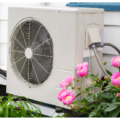 Are Piezoelectric Heat Pumps A Viable Alternative For Heating?
Are Piezoelectric Heat Pumps A Viable Alternative For Heating?
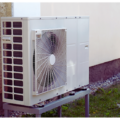 Why Thermionic Heat Pumps Could Be The Next Big Thing In Home Heating?
Why Thermionic Heat Pumps Could Be The Next Big Thing In Home Heating?
 How Do Thermoelectric Heat Pumps Utilize The Seebeck Effect?
How Do Thermoelectric Heat Pumps Utilize The Seebeck Effect?
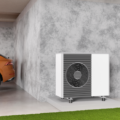 Is Magnetic Heat Pump Technology Worth Investing In?
Is Magnetic Heat Pump Technology Worth Investing In?
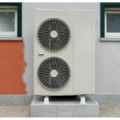 Can Geothermal Heat Pumps Revolutionize Your Home Heating?
Can Geothermal Heat Pumps Revolutionize Your Home Heating?
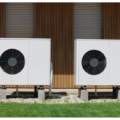 Have You Considered Using Thermotransport Heat Pumps In Your Home?
Have You Considered Using Thermotransport Heat Pumps In Your Home?
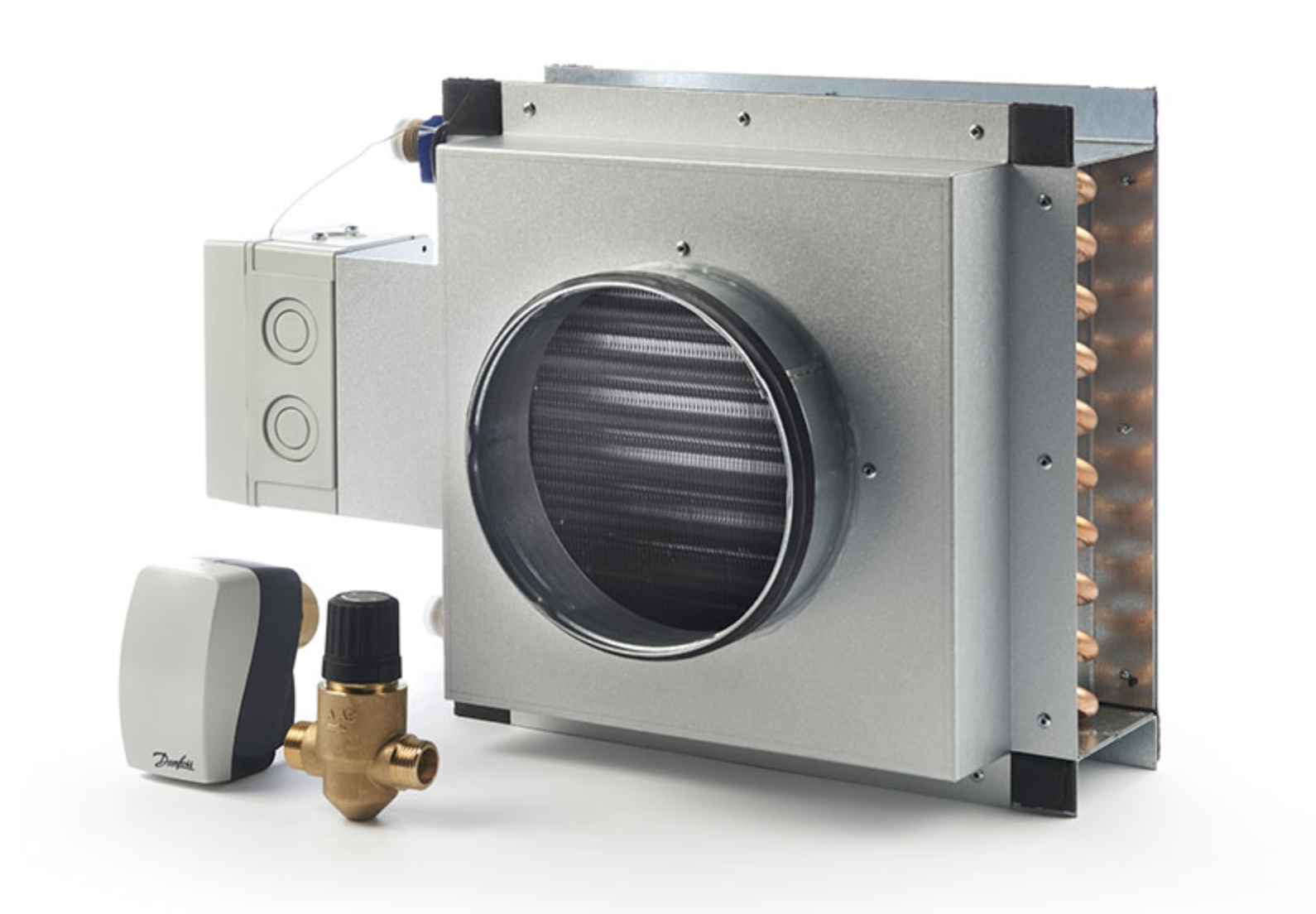 Nilan: The Comprehensive Guide to Nilan Heating Systems
Nilan: The Comprehensive Guide to Nilan Heating Systems
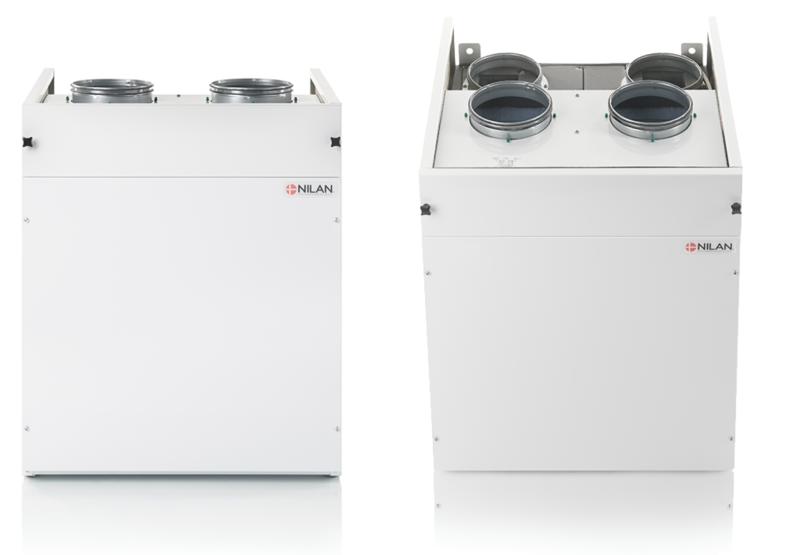 Stay Warm and Save Money with the Nilan VPL 15 Top M2 Heater
Stay Warm and Save Money with the Nilan VPL 15 Top M2 Heater
 Breathe Easy with Nilan: Your Expert Guide to South East MVHR Systems
Breathe Easy with Nilan: Your Expert Guide to South East MVHR Systems
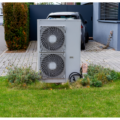 Are Stirling Engine Heat Pumps The Future Of Heating Systems?
Are Stirling Engine Heat Pumps The Future Of Heating Systems?

